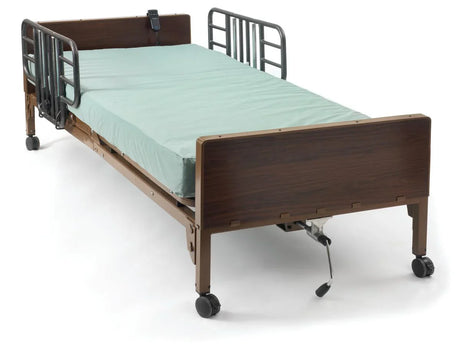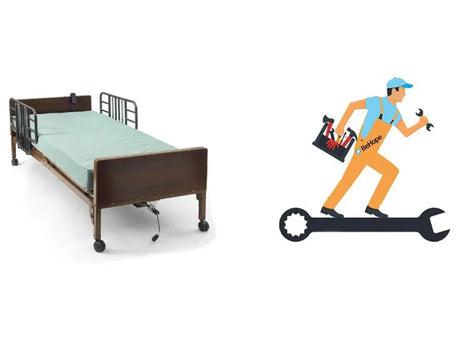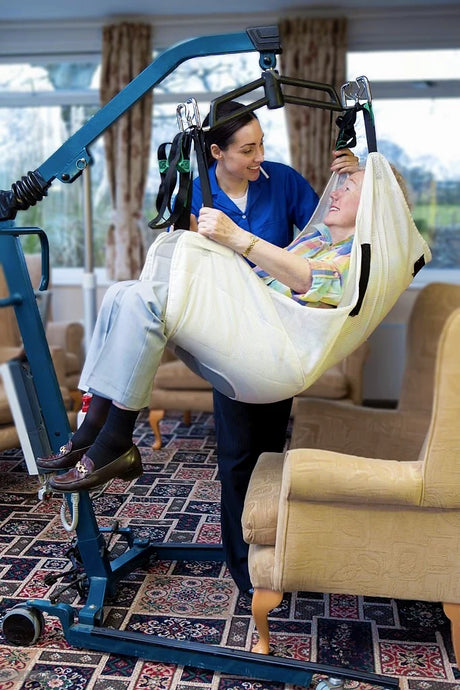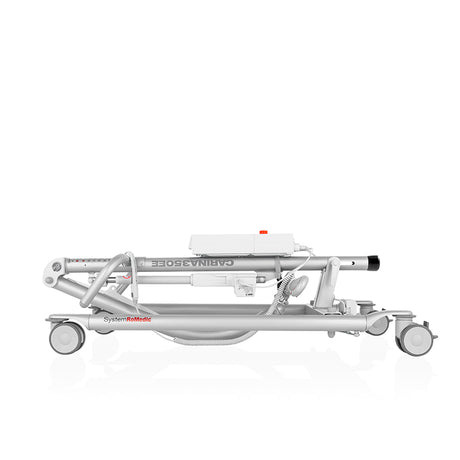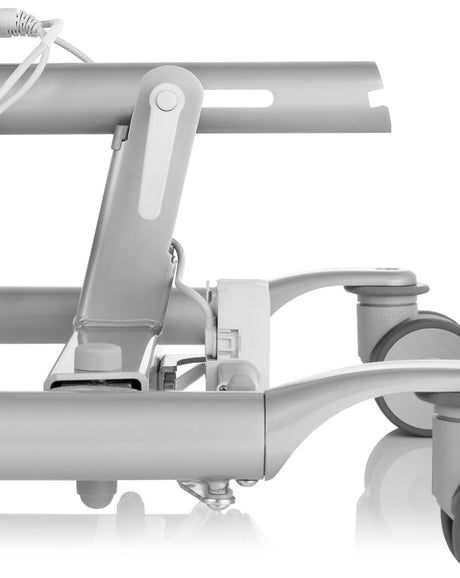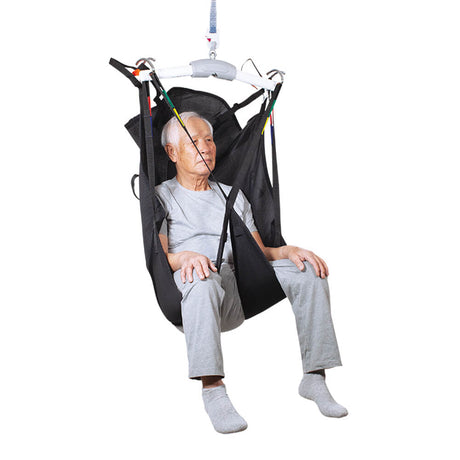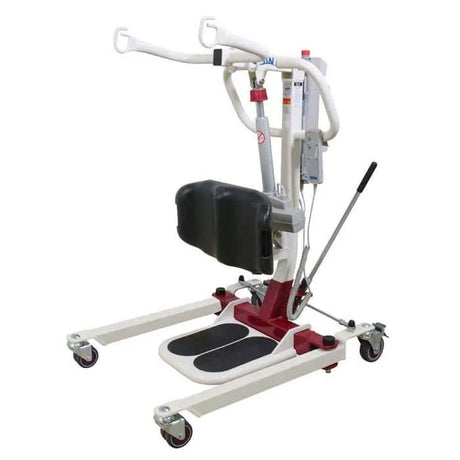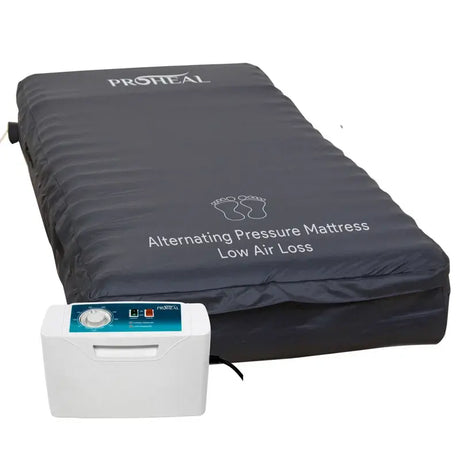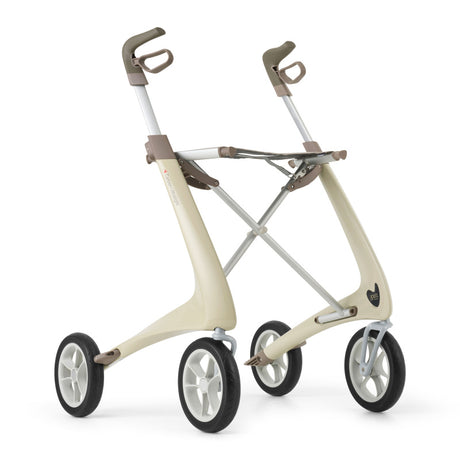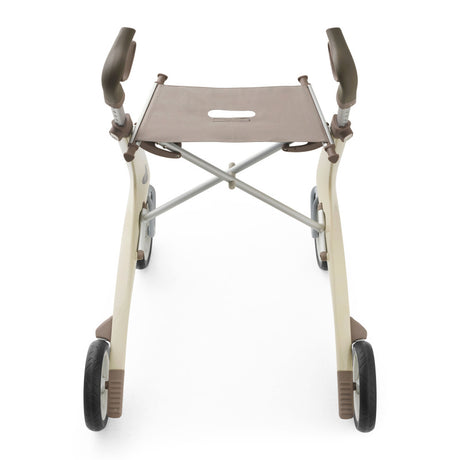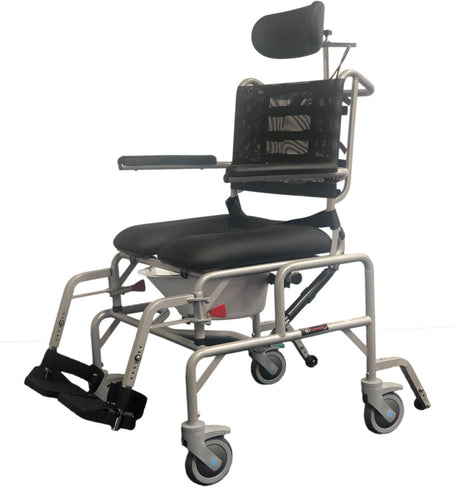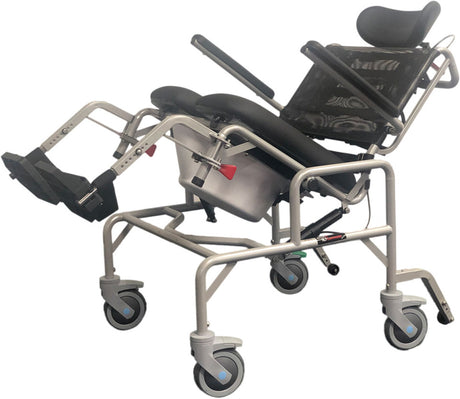Mobility is a critical aspect of maintaining independence and quality of life for the elderly. However, as we age, our bodies often require additional support to move around safely and comfortably. Enter mobility aids, specifically rollators and walkers. If you or a loved one are considering these options, it’s essential to understand their differences and benefits to make an informed decision.
Introduction to Mobility Aids
Mobility aids like rollators and walkers play a significant role in helping seniors stay active and independent. But what exactly are these devices, and how do they differ? This blog post aims to demystify the differences between rollators and walkers, helping you choose the right aid for your needs.
What is a Walker?
Design and Functionality
A walker is a simple yet effective mobility aid designed to provide stability support. Typically made from lightweight metal, walkers have four legs with rubberized tips to prevent slipping.
Types of Walkers
Walkers come in various types, including standard walkers, two-wheel walkers, and three-wheel walkers. Each type offers different levels of support and mobility, making them suitable for various needs.
Who Should Use a Walker?
Walkers are ideal for those who need substantial support when walking. They are particularly beneficial for individuals recovering from surgery or those with severe balance issues.
What is a Rollator?
Design and Functionality
A rollator resembles a walker but includes additional features like a seat, wheels, and hand brakes. This design allows for greater mobility and convenience.
Types of Rollators
Rollators also come in different types, including three-wheeled and four-wheeled models. Some even offer adjustable heights and built-in storage solutions.
Who Should Use a Rollator?
Rollators are best suited for individuals who can walk relatively well but need some support. They are ideal for those who want to remain active and independent while having the option to rest when needed.
Key Differences Between Rollators and Walkers
Mobility and Flexibility
One of the main differences between rollators and walkers is mobility. Rollators, with their wheels and hand brakes, offer more flexibility and ease of movement compared to walkers.
Stability and Support
While rollators excel in mobility, walkers provide better stability and support. The lack of wheels in a standard walker makes it less likely to roll away accidentally, offering more security.
Convenience and Comfort
Rollators often come with added features like seats and storage, making them more convenient for long outings. Walkers are simpler but may require more effort to use over time.
Benefits of Using a Walker
Improved Stability
Walkers are designed to offer maximum stability, making them ideal for seniors with severe balance issues or those recovering from surgery.
Easy to Use
Walkers are straightforward to use, requiring no special skills or adjustments, making them accessible for everyone.
Affordable Option
In general, walkers are more affordable than rollators, making them a cost-effective solution for those on a budget.

Benefits of Using a Rollator
Enhanced Mobility
With wheels and hand brakes, rollators allow for smoother, more effortless movement, making them ideal for outdoor use.
Built-in Seat
The built-in seat feature is a significant advantage, offering a place to rest during long walks or outings.
Additional Features
Rollators often include storage compartments, making it easier to carry personal items, groceries, or even medical supplies.
Factors to Consider When Choosing Between a Rollator and a Walker
Assessing Your Needs
Consider your specific mobility needs—do you need more stability or more mobility? This will help you decide between a walker and a rollator.
Physical Condition
Your physical condition plays a crucial role in this decision. Those with severe balance issues may benefit more from a walker, while those who can walk relatively well may find a rollator more useful.
Lifestyle and Activities
Think about your lifestyle and daily activities. If you enjoy outdoor activities and need a place to rest, a rollator might be the better choice. If you primarily need support indoors, a walker could suffice.
How to Use a Walker Safely
Adjusting the Height
Ensure the walker is adjusted to your height. You should stand upright while holding the walker, with your elbows slightly bent.
Proper Walking Technique
Move the walker a short distance ahead of you, then step forward with your weaker leg first, followed by your stronger leg. Always keep both hands on the walker.
Safety Tips
Avoid using the walker on stairs or escalators, and ensure the rubber tips are not worn out to prevent slipping.
How to Use a Rollator Safely
Adjusting the Height
Like a walker, a rollator should be adjusted to fit your height. Ensure the hand brakes are within easy reach.
Proper Walking Technique
Gently push the rollator forward as you walk, using the hand brakes to control speed and ensure safety. Sit on the built-in seat if you need to rest.
Safety Tips
Always lock the brakes before sitting on the rollator's seat. Avoid using the rollator on very uneven surfaces to maintain stability.
Maintaining Your Mobility Aid
Regular Inspections
Regularly inspect your walker or rollator for any signs of wear and tear. Check the wheels, brakes, and rubber tips to ensure they are in good condition.
Cleaning Tips
Keep your mobility aid clean by wiping it down with a damp cloth. Avoid using harsh chemicals that could damage the material.
When to Replace Parts
Replace any worn-out parts immediately to ensure the mobility aid remains safe and effective.
FAQs About Rollators and Walkers
What is the main difference between a walker and a rollator?
A walker provides more stability with its four legs, while a rollator offers greater mobility with its wheels and additional features like a built-in seat and hand brakes.
Can I use a rollator indoors?
Yes, rollators can be used indoors, but make sure to choose a model that fits your home’s layout to avoid any difficulties navigating tight spaces.
How do I know which mobility aid is right for me?
Assess your specific mobility needs, physical condition, and lifestyle. Consulting with a healthcare professional can also provide valuable guidance.
Conclusion
Choosing the right mobility aid is crucial for maintaining independence and quality of life. Whether you opt for a walker or a rollator, each offers unique benefits tailored to different needs. For more personalized advice, feel free to reach out to us and explore our wide range of mobility aids designed to help you live your best life.


